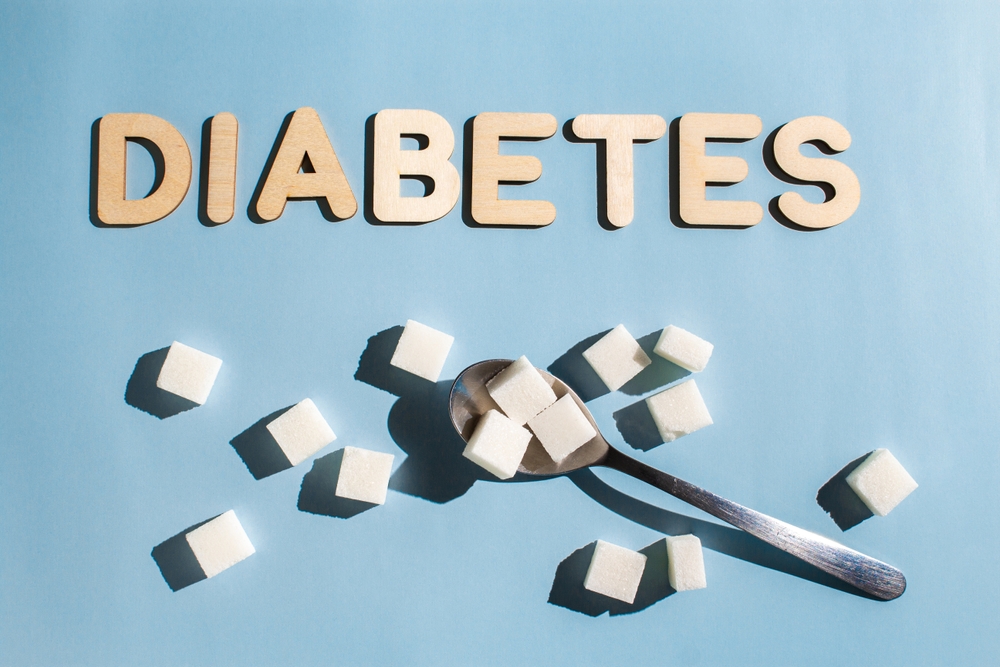This blog is the third part of a new series that builds upon a previous blog that discussed common chronic diseases for seniors. The third blog will focus on depression.
Depression is classified as a mood disorder that affects roughly 280 million people worldwide. A persistent feeling of sadness or a loss of interest in previously enjoyed activities characterize this condition. Depression can range from mild and temporary episodes to severe and persistent episodes.
Risk factors for depression include traumatic or stressful events, a history of other mental health disorders, and certain personality traits.
Symptoms typically occur for most of the day, nearly every day. They can include sleep disturbances, slowed thinking, unexplained physical problems, and angry outbursts.
Managing your stress levels, getting treatment early, and reaching out to family members and friends in times of distress are strategies that can help prevent depression.
Antidepressant medications typically work by increasing the levels of certain neurotransmitters in the brain, such as serotonin. Reduces levels of serotonin are thought to play a role in depression. Therefore, increasing serotonin levels in the brain can improve depression symptoms.
The Boom Health app allows users to book registered nurses, personal support workers, and personal care services, schedule transportation, order prepared meals, rent or purchase medical equipment, and get emergency assistance. Download the app from the App Store or Google Play Store.
This article is not intended to be a substitute for professional medical advice or diagnosis. Always seek the advice of your physician or another qualified health provider with any questions you may have regarding a medical condition.





